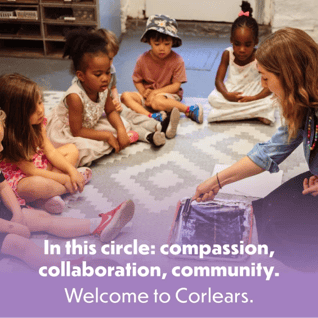Parent-teacher conferences are an important part of school communication. This blog post provides tips to help families feel more at ease and get the most out of their conferences. From preparing questions to discussing concerns, these strategies will ensure a productive meeting with your child's teacher.
Prepare Questions and Concerns
Before the conference, write down any questions or concerns you have and discuss them with your partner or a caregiver in your child's life. If your questions aren't addressed during the meeting, make sure to ask them at the end or schedule a follow-up meeting. Teachers appreciate guardians who actively engage and ask questions.
Arrive Early and Be Punctual
To set a positive tone for the conference, arrive early if possible. This will give you time to settle in and relax before the meeting begins. Being punctual shows respect for the teacher's time, the time of the families who will meet with the teacher after you, and it allows for a smoother conversation.
Familiarize Yourself with Your Child's Work
Take some time before the conference to read your child's stories, look through their math journal, and review the materials they engage with daily. Even looking at pictures and reviewing classroom newsletters can be a helpful resource. This will help you catch up on their progress and refresh your memory.
Approach Difficult Conversations with Trust
Sometimes, conferences can involve discussing concerning information or raising questions. Trust that teachers are coming from a place of support and want to partner with you in addressing any needs or concerns. Be open-minded and ask for clarification if needed.
Share Relevant Home Information
Inform teachers about any home situations that might impact your child's school experience. Whether it's a minor issue like picky eating or a more serious matter, use your discretion in sharing information. Remember that it is confidential, and if necessary, you can seek additional support from your school's dedicated student support team.
Key Areas of Development to Discuss
During the conference, most teachers will cover general topics. For early childhood, it's also important to discuss specific areas of development, such as:
- Language development
- Social interactions
- Emerging interests
- Activities to promote resilience and independence
By following these tips, you can approach family conferences with confidence and make the most of your meeting. Effective communication with your child's teacher will foster a strong partnership in supporting your child's social-emotional and cognitive growth.


.jpg?width=300&name=1Z8A6957%20(1).jpg)
